Sensitive Skin Dos and Don'ts

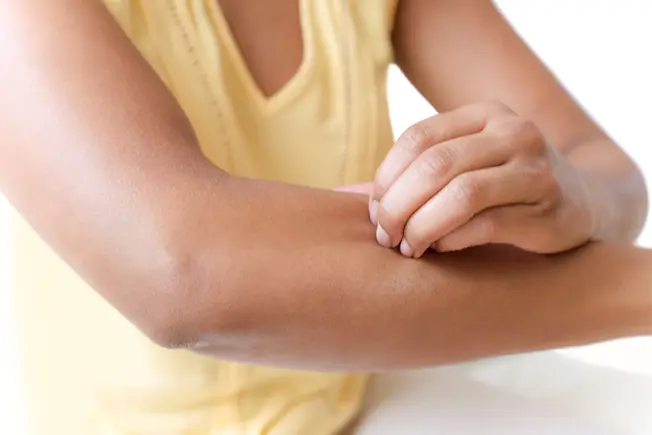
What Is Sensitive Skin?
It often reacts to triggers like weather, allergies, or certain products. Yours might turn red, dry out, sting, feel itchy or tight, or get bumps, scales, or hives. Conditions like eczema, contact dermatitis, rosacea, and more are often to blame.
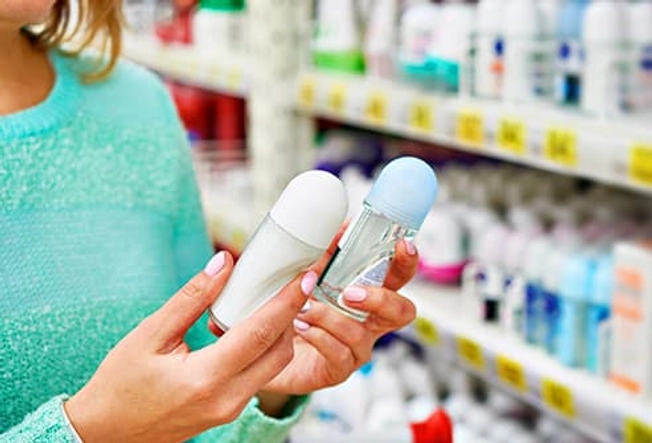
Do: Read Labels
Look for the words “gentle on skin” or “for sensitive skin” on labels when you shop for products that touch your body. Then take it a step further. Check the ingredients. You can spot what’s likely to make you flare and avoid it. As a general rule, the fewer ingredients, the better.
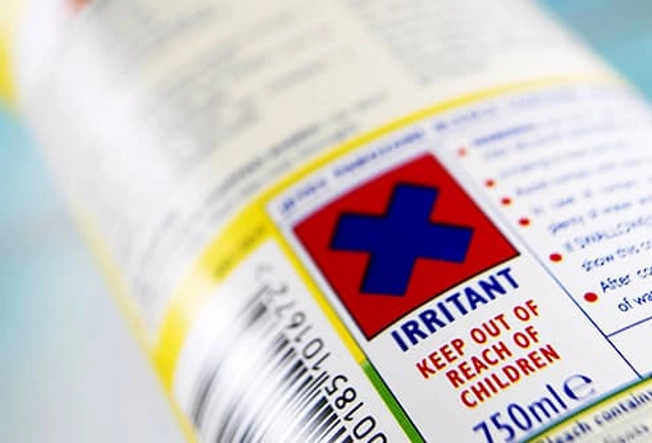
Don’t: Handle Harsh Cleaners
Chemicals found in common cleaners can wreak havoc on sensitive skin. Steer clear of products with warning labels about skin irritation, and avoid ingredients like bleach, alcohol, ammonia, ethylene glycol monobutyl acetate, sodium hypochlorite, and trisodium phosphate. When in doubt, wear gloves!
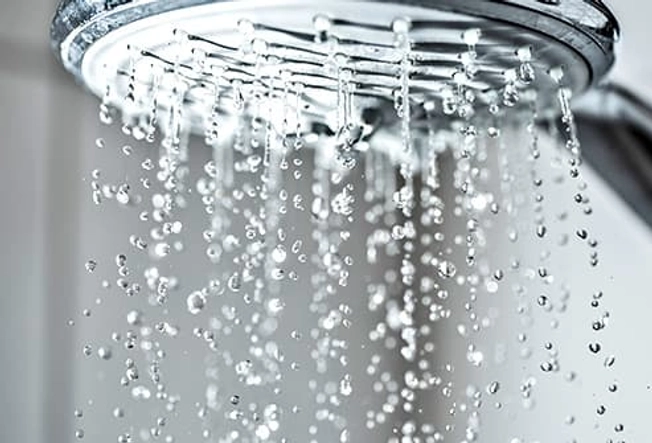
Do: Shorten Showers
Water slowly strips your skin of its natural oils. That makes it more likely to be dry, tight, or cracked. When you bathe, go for short and warm instead of long and hot Fifteen minutes is plenty.

Don’t: Lather Up
Save the soap for the parts that might get smelly: armpits, groin, bottom, and feet. The rest of your skin will get plenty clean with water only. When you do wash, reach for gentle soaps and skip those with dye, fragrance, deodorant, and antibacterial ingredients.
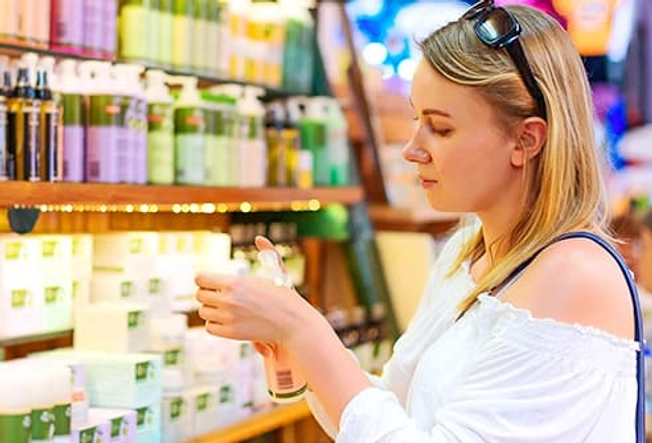
Do: Test It Out
If you’re still learning what sets your skin off, it’s a smart idea to do a patch test with any new product before you commit. Choose a small section of your skin and dab some on. If you see a reaction within 72 hours, you’ll know it isn’t for you.
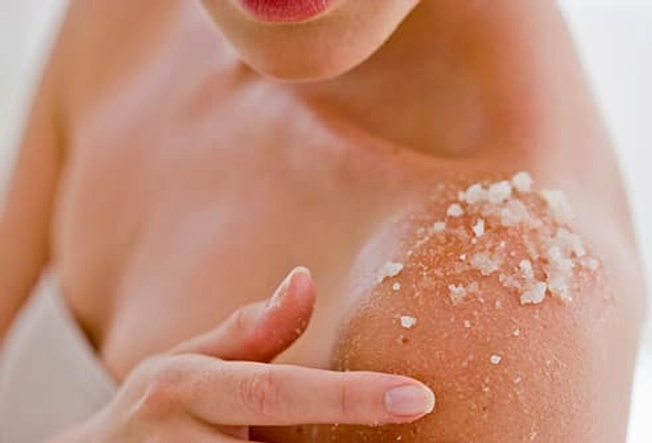
Don’t: Scrub Skin
Take a pass on products that promise to buff with either grit or chemicals. Dermatologists say you don’t need to exfoliate to clean your skin. It could make your symptoms worse.
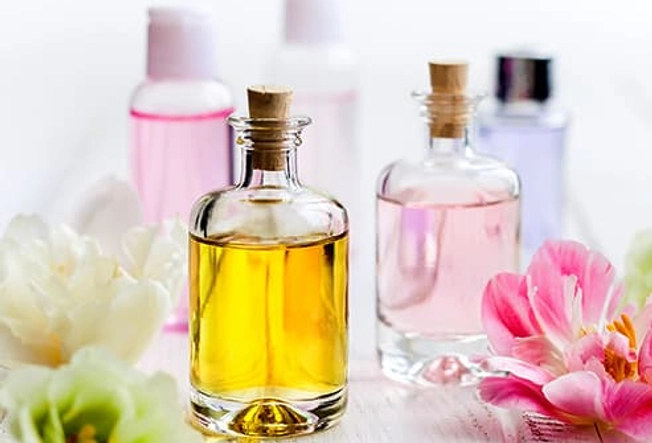
Do: Skip the Fragrance
Many beauty products promise sweet smells as a selling point. But fragrance is an add-on your sensitive skin doesn’t need -- and often can’t handle. Same goes for products with alcohols, soaps, or dyes.

Don’t: Clog With Cosmetics
You don’t have to toss your makeup if your skin is sensitive. But you should pay close attention to what’s in it. Stick to non-waterproof options that aren’t very thick. Look for “noncomedogenic” on the label. That means it won’t gunk up your pores.

Do: Choose Clothing With Care
Wool and other rough fabrics can be itchy even if your skin isn’t sensitive. Wool could even cause an allergic rash. Lanolin is a natural wax found in wool, and some clothes still have it. Opt for softer choices like cotton and silk.

Don’t: Expose Skin to the Elements
Cover up when it’s cold outside. Wrap your sensitive facial skin with a soft scarf. Cover your hands with gloves to prevent windburn and dryness. Follow a daily sunscreen routine year-round to block damaging rays. Yes, even on cloudy days.

Do: Nix Nickel
It’s one of the most common triggers for sensitive skin. This metal is in everyday objects, from jewelry to clothing fasteners to eyeglasses. Take note of anything with metal that touches your skin. Trade things with nickel for hypoallergenic accessories when you can.

Don’t: Smoke
Yes, it’s bad for your overall health. But did you know smoking can ramp up sensitive skin reactions, especially if you have psoriasis? It could also make it harder to heal from skin problems once they happen.
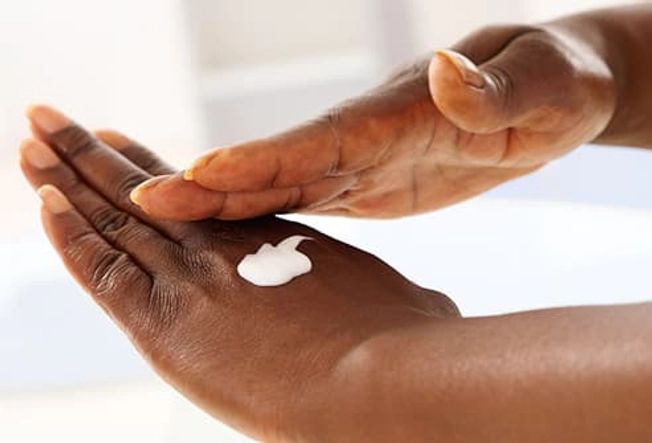
Do: Moisturize
Dry skin leads to irritated skin. It can cause conditions like eczema to flare. The best way to keep your skin from drying out is to trap water inside it when it’s wet. Use a thick but gentle moisturizer like an ointment or cream right after you bathe to lock in water and keep skin supple.

Don’t: Stress
It’s normal to get busy or worried from time to time, but it can affect you inside and out. Find ways to ease that stress so your skin doesn’t suffer. Practice relaxation techniques, get good sleep, exercise, and eat right. Your body -- and skin -- will thank you.